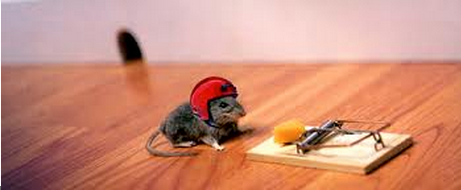My first hurdle was understanding that, as a dancer, my experience has manifested mostly through body work. I should expect to undertake translating my experience: it has been embodied and I need to find a way to articulate it and now have it manifest through words. This will be part of my processes from here on in.
I must be explicit. I understood as well that to be broad when identifying my learning is not necessarily useful. It will be problematic if my example is so broad that I could have just read about it without actually having lived it as an experience. When flushing out my AoLs, I should point to specific experiences, and consider what I learned. Indicating, for example, 'communication' as something I know about is not enough. What about communication? How does it manifest in my work, specifically? How is that manifestation indicative of my knowledge or learning? (I read about this in the Module One handbook but, for some reason, it didn't make sense in the way that it does now, post-conversation with Adesola.) For me this underscores the importance of dialogues - through skype or through blog posting and responses - as they have the potential to compliment and expand my / our understanding of subjects covered in the course.
Something else that was exciting that I hadn't really considered (!) was doing research related to my experience. This idea of embodiment is an interesting one. How have other people been thinking about how dancers, for example, have a capacity to (visually) identify the physical manifestation of an internal experience? Adesola and I were discussing my teaching and she was asking, "how do you know if someone is doing a plié right?" and my answer was that I know because I have done thousands of them. What theoretical evidence is there that supports the idea that the experience of doing something enough implies knowledge, or knowing. How does that work? I am looking forward to diving into this research.
I have my list of AoLs and my next step is to write an initial paragraph for each using the following questions:
- What have I learned? (NB: not the end result)
- Site a specific experience
- Theories related to the learning: researching what others have articulated about this type of learning
Something that I have learned from my dance experience will serve me well in this assignment, and that is trial and error as an approach. I have few qualms about making drafts and revising drafts (though at some point down the line efficiency will be more of a factor). Processes really are more interesting than end results. Looking forward to diving in.
